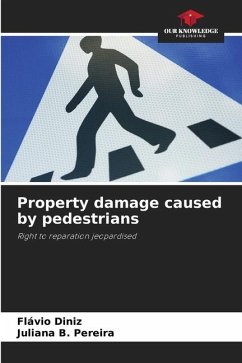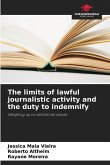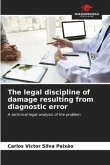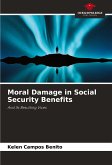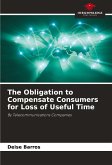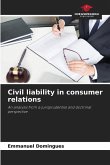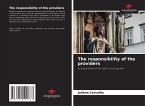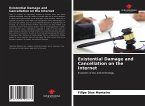The purpose of this study is to understand the difficulties in enforcing the right to reparation provided for in the Civil Code against pedestrians who have caused traffic accidents, causing exclusively material damage. This work seeks to read the Brazilian traffic rules, addressing traffic offences and crimes, their characteristics and applicability when committed by pedestrians, as well as the perception of the normative silence in relation to the criminalisation of conduct practised by pedestrians, compared to similar conduct practised by vehicle drivers. The fact that the criminalisation is aimed exclusively at vehicle drivers is a normative inequality that constitutes an excess of protection for pedestrians, reverberating as an obstacle to the exercise of civil liability and consequently impacting on the offended party's balance of assets in cases that, although commonplace, were not provided for and listed by the legislator in the normative text.
Bitte wählen Sie Ihr Anliegen aus.
Rechnungen
Retourenschein anfordern
Bestellstatus
Storno

